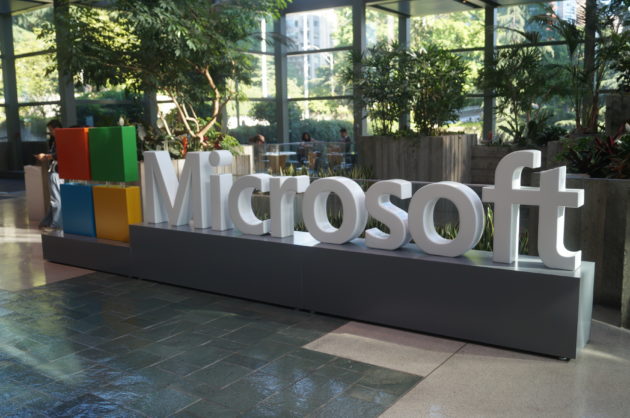
Patients with a rare disease often face a long and painful road to an accurate diagnosis. The process takes five years on average after they first show symptoms.

In an effort to shorten this diagnostic journey, Microsoft partnered with Japanese drugmaker Takeda and European health organization EURORDIS to speed up the diagnosis of rare diseases with new technology and policies.
Rare diseases, defined in the U.S. as affecting fewer than 200,000 Americans, often go undiagnosed or misdiagnosed because many physicians have never come across them. In all, there are 6,000 rare diseases that affect 300 million people worldwide.
“This is such a complex problem around the world. It’s a bigger problem than any one organization can solve,” said Simon Kos, chief medical officer at Microsoft Worldwide Health, during a webcast. The partnership came together to “look at rare disease and how we handle it today with a critical view and think about how we might be able to do that differently,” he said.
After a year of work, the organizations today officially launched the Global Commission to End the Diagnostic Odyssey for Children with a Rare Disease and published a report that recommends solutions and makes policy recommendations.
The partners launched three technology pilot programs to make diagnosing patients with rare diseases easier:
- Machine learning algorithms to spot rare diseases. The partnership is piloting a program to spot symptoms common to rare diseases using algorithms that sift through medical records, patient-reported data and genomics data. The idea would be to integrate such a program into a hospital’s health records system and flag patients that may have a rare disease.
- Remote genetic assessment and counseling. A second program will test a platform that lets patients access care from genetic clinics remotely through a platform that includes virtual consultations and a triaging system. The pilot will run at Children’s National Hospital in Washington, D.C.
- Blockchain-based patient registry. The partners are also building a blockchain-based service to store health data. Patients will control the secure data and be able to carry their records with them to new providers. The pilot will be tested at Queen’s University in Canada.